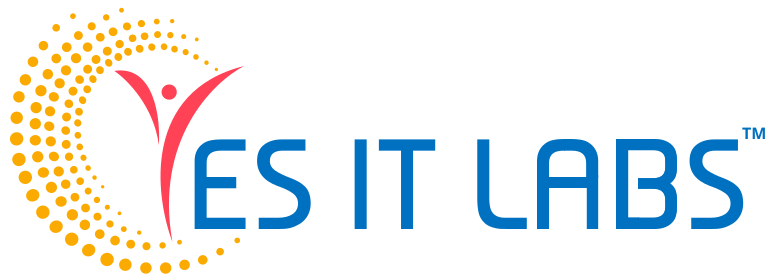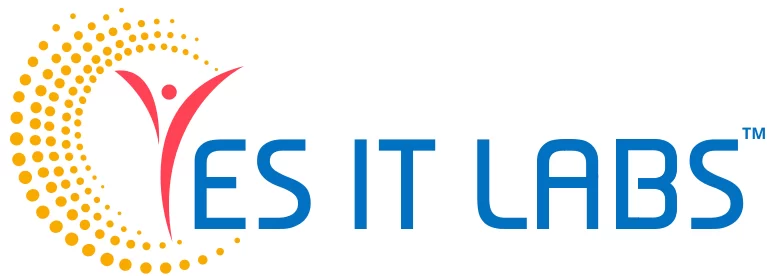Database Management System
In the intricate landscape of modern business operations, efficient data handling stands as a crucial pillar. Database Management System Software Development emerges as the cornerstone, enabling organisations of all sizes to efficiently manage their data assets. At YES IT Labs, we empower businesses with tailor-made solutions that streamline data interactions and elevate operational efficiency.
Our adept developers specialise in Database Management System Web Development, crafting platforms that bridge the gap between applications and data repositories. This intricate interplay involves receiving data requests, orchestrating operating system instructions, and delivering specific data to fulfil application requirements. Whether it’s a small enterprise or a large corporation, our solutions empower users and third-party software to seamlessly store and retrieve vital data.
As a forward-looking Database Management System App Development company, YES IT Labs transforms data complexities into opportunities. We offer solutions that empower organisations to spend less time navigating their data environment and more time harnessing data-driven insights. Our services extend to simplifying data management, monitoring, and movement across diverse on-premises and cloud-based systems.
Dive into the future of data management with YES IT Labs. Our solutions serve as a centralised hub for data, accessible to multiple users across various locations while maintaining stringent access controls. Through our expertise, we redefine data management, ensuring seamless accessibility, enhanced control, and optimised utilisation of your data assets.
Benefits of Database Management System
●Efficient Data Organisation: Database Management Systems offer a structured approach to storing and organising data, ensuring easy retrieval and manipulation.
●Enhanced Data Security: These systems provide robust security features to safeguard sensitive information by controlling user access and protecting against unauthorised breaches.
●Data Integrity and Accuracy: Database Management Systems enforce data integrity rules, reducing the chances of errors and inconsistencies in stored information.
●Centralised Data Management: Centralised storage allows for uniform access and management of data, reducing data duplication and ensuring data consistency.
●Quick Data Retrieval: Database Management Systems enable rapid data retrieval through optimised querying and indexing mechanisms, improving efficiency.
●User-Friendly Interface: These systems often offer user-friendly interfaces that facilitate easy data entry, retrieval, and manipulation for users across skill levels.
●Scalability and Flexibility: Database Management Systems can be scaled up to accommodate growing data volumes and adapted to changing business requirements.
●Backup and Recovery: Automatic backup and recovery features ensure data preservation even in the face of system failures or data loss incidents.
●Effective Decision-Making: Quick access to accurate and organised data empowers users to make informed decisions, improving overall business strategies.
●Reduced Data Redundancy: By centralising data, Database Management Systems minimise data redundancy, saving storage space and promoting data consistency.
Database Management System
DBMS database management system (DBMS) is a powerful computer program that stores and
manages information in a digital repository deployed on a server or mainframe system. This
program lets users keep, sort, update, retrieve and modify their records in a single database; for
example they can keep and update profiles in a client base. DBMS apps are widely used in
business to model and manage business objects within corporate databases. Such applications
provide a number of advantages to enable organizations to keep their business records
secured, consistent and relevant.
1. Data Structuring
2. Database Customization
3. Data Retrieval
4. Multi-user Access
5. Query Languages
6. Data integrity
7. Metadata
FUNCTIONAL AREA OF DATABASE MANAGEMENT SYSTEM


























